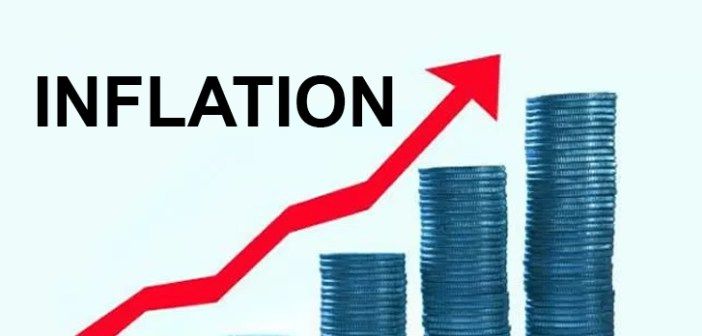Reversal In Disinflation Trend Anticipated In August, Latter Part Of Q4 2024
GCB Capital Research has projected a continued disinflation trend for the second half of 2024, albeit with sustained elevated inflation levels. According to their analysis, ongoing upward pressures will temper the decline in inflation, with potential reversals anticipated in August and later in the fourth quarter.
The Ghanaian Cedi has broadly stabilized against major trading currencies, buoyed by positive news since June. However, GCB Capital cautions that the lagged impact and second-round effects of prevailing inflationary pressures may persist, slowing the pace of disinflation. The research suggests that inflation could struggle to dip below 20% even if exchange rate pressures remain subdued in the latter half of 2024.
Potential election-related expenditure in the lead-up to the December 2024 general elections is flagged as a key risk, potentially increasing Ghana Cedi liquidity and driving demand-side inflationary pressures if not effectively managed.
On the monetary front, GCB Capital anticipates that the Bank of Ghana will maintain a cautious stance, given the anticipated deceleration in disinflation. Increased liquidity due to election spending could further exacerbate inflationary pressures. While there is a remote possibility of a marginal rate cut in July, more significant policy adjustments are expected in the September and November windows. Despite this, nominal interest rates are projected to remain sticky downwards due to the uncertain near-term outlook.
GCB Capital also highlights a cautiously optimistic view on macroeconomic recovery and the conclusion of external debt restructuring, which could bolster market sentiment and potentially lead to a credit rating upgrade. This, in turn, could anchor relative stability for the Cedi, barring any renewed economic shocks.
In summary, while Ghana’s economic recovery continues, it faces significant inflationary challenges and fiscal dynamics ahead of the upcoming elections. The Bank of Ghana is expected to navigate these complexities with a cautiously tight monetary policy, aiming to balance growth and inflation control in a volatile environment.








